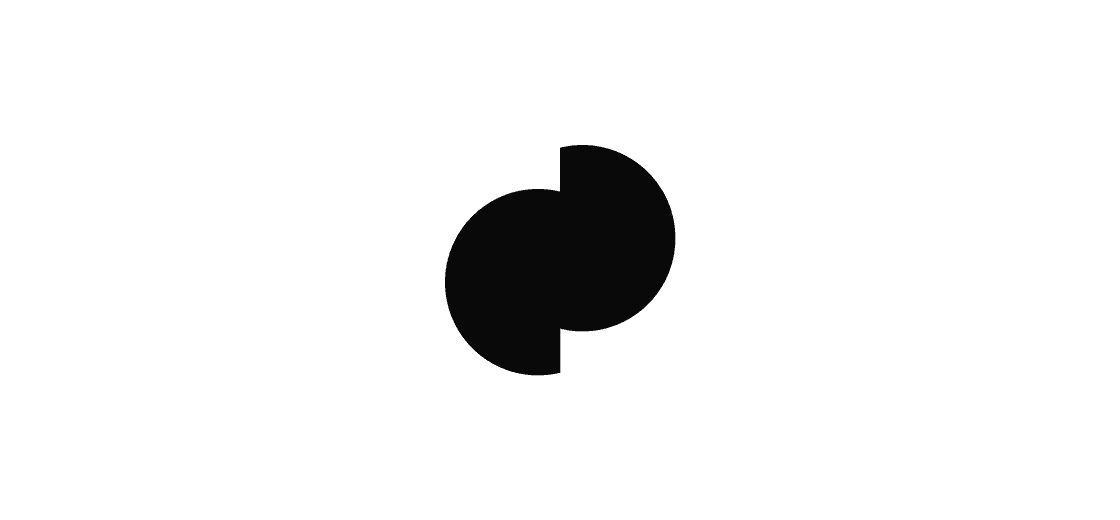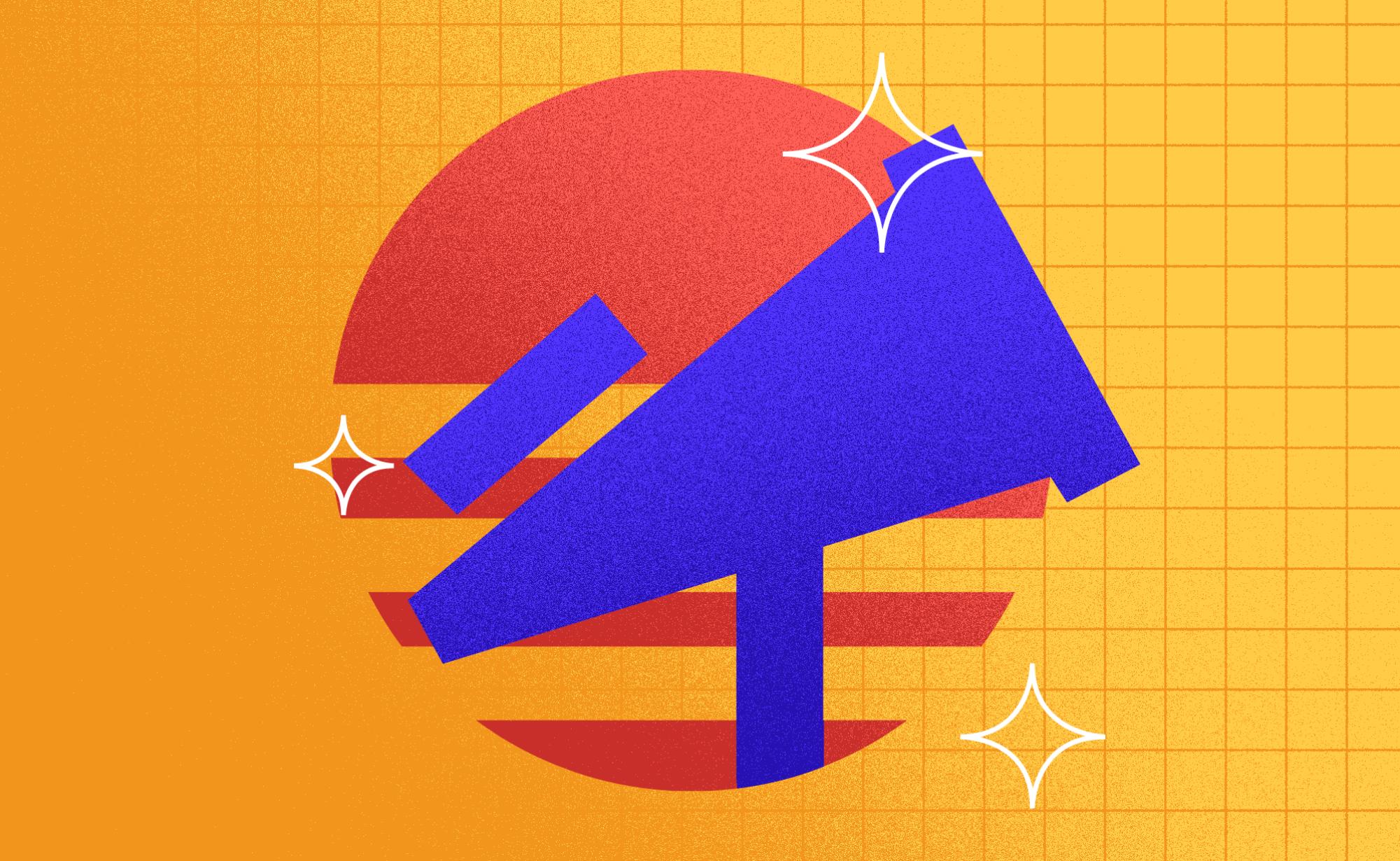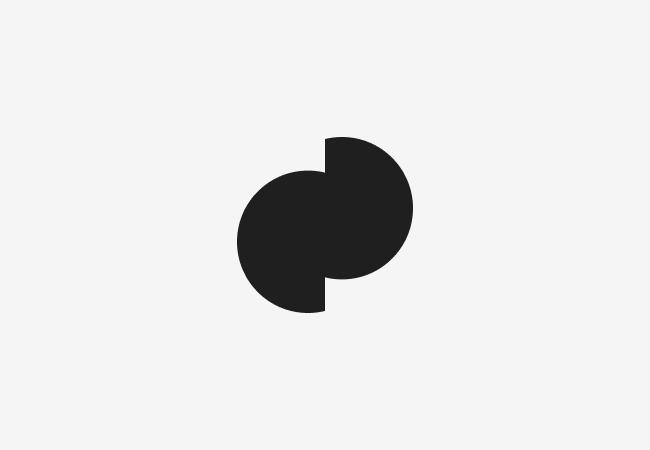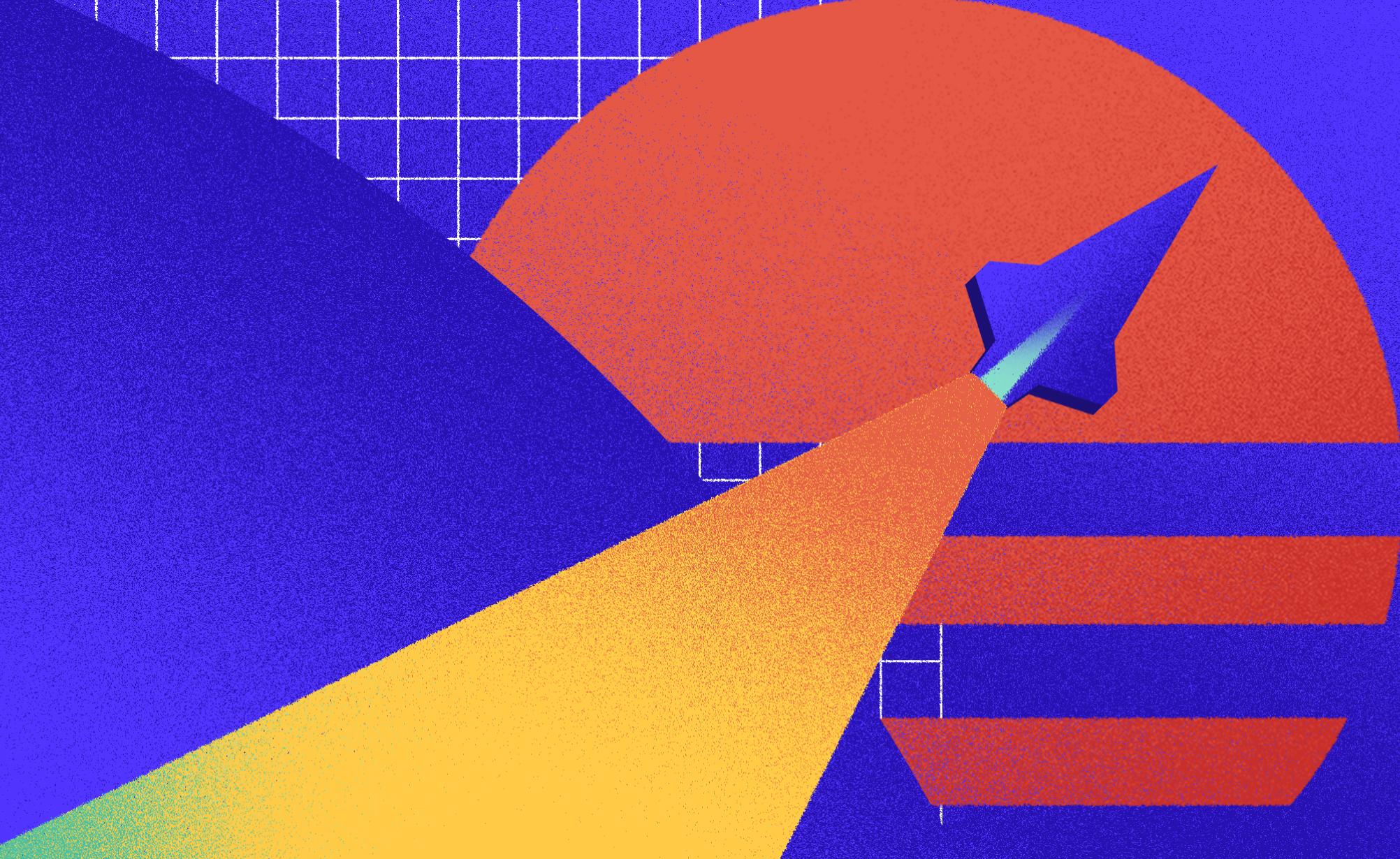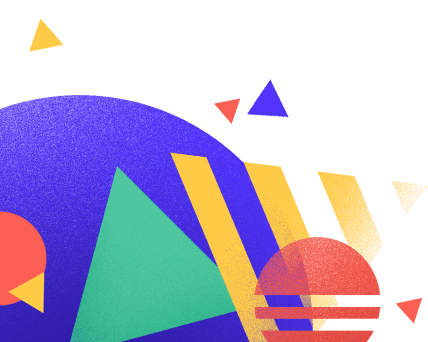Discovery workshop for fixed budget projects
Mladen Š.
2020-06-16
8min
Marketing
The Discovery Workshop will help you realize the full potential of your product and uncover possible challenges you'll have to overcome. Read and discover!
“I’ve heard a lot about these discovery workshops, but I’m not all that sure what they are?”
You’re right to be confused, they do mean different things to different people.
In general, a discovery workshop is a series of initial meetings between a client (you) and a product design team (agency) where both parties share their respective industry-specific expertise in order to develop a comprehensive understanding of the product that is being built and mutually devise strategies to solve upcoming challenges. Historically, the discovery phase was popularized as a part of AGILE methodology and it served as the first phase of any new product development process. Since then it kind of got a life of its own and it’s being used as a standalone process all over the product design industry. But, that is also a testament to its usefulness. However, there is a problem.
“I knew it, of course there is.”
Usually, the discovery phase includes many specialists over a course of one to several weeks. And that can get very, very expensive. This was perfectly fine in the rich, corporate setup where AGILE methodology was first invented, but it’s not fine for very lean, bootstrapping or even funded startups that need to focus on the ROI each step of the way, i.e. 99% of our clients.
“Let me guess, now you will offer me a revolutionary, never seen before solution to this problem?”
Oh, you’re such a fast learner :) Here’s the deal. We live in a real world where small business owners and startups founders wantmust get real life value for their time and money. In this real world we have solved a number of complex business, design and technology challenges for our clients. And we do that by removing all nonsense from our software design and development process. This means that we can conduct a discovery workshop that creates at least 80% of the value, in less than 20% of the time for far less than 20% of the budget.
“80% value in less than 20% of the budget. That I like.”
Here is how it works. There is a unique set of challenges each product has to overcome in order to successfully get to market and stays there. The very first challenge is technical feasibility. If you’re building a presentation website, you know it’s feasible, but still, you want to know what’s the optimal way of achieving your goal. If you’re building a boat rental platform, with multiple interfaces, things are already getting pretty complicated:you want to know whether to choose Amazon Web Services or Microsoft Azure, whether to build your backend in PHP or Node.js, do you need a native Android app or web app. Or Progressive web app. Or a hybrid app for both iOS and Android (which can maybe even cover the web). You get the idea. However, sometimes you want to build something that hasn’t been done before. In that case, you want to know ASAP if your product can be built at all. Second, you want to make sure you’re focusing on the right features, at the right time. The best way of building software is to start with a Minimum Viable Product or MVP. To quote Wikipedia:“MVP is a version of a product with just enough features to satisfy early customers and provide feedback for future product development. Gathering insights from an MVP is often less expensive than developing a product with more features, which increases costs and risk if the product fails, for example, due to incorrect assumptions.” Therefore, MVP is not a simple, cheap version that you create in a lack of a budget. Building MVP is considered an optimal strategy, with an added bonus of being the cheapest one. More often than not, we witness founders who get overly attached to their product and they lose their business focus. The product becomes more important than business success itself and that, of course, cannot be. Founders are highly motivated to create the best product possible. After all, it’s their brain-child and they want to make it as good as possible. However, users are not excited about your product at all. All they care about is your unique value proposition, your unique way to help them, and they will pay attention only if your product solves their problem. Here is where it’s very beneficial to have a team of product design experts to talk to too. We will check the existing competition, sketch out possible user journeys, and make sure we start by building the product that end users will appreciate. Third, having defined the MVP, we can move to define the scope of the project. For the most part, the scope is equal to the design and development effort needed to deliver the MVP. Fourth, we will define exact design steps and deliverables. Design is a process and it is a process for a reason. The work has to be conducted in a certain order if we want to end up with a useful product on our hands. We didn’t invent the design process, we are following the industry best practices and we have done that for more than hundred times. In that period, we have come to fully realize why the design process works the way it does, we understand it’s underlying principles and we can now adjust it to the specific needs of every project. Fifth, defining personasor proto-personas. Persona is a simple, but important concept in Product Design, where we use everything we have found out about our target users to create an imaginary, but the realistic profile of our user. By having this person in front of them at all phases, product designers are making sure not to keep design focused and goal-oriented at all times. Proto-persona is exactly the same, with the difference being that it’s not based on actual market research, but on yours and ours assumptions about future users of the product. Sixth, we will create a precise roadmapfor the project. You know what they say:9 women cannot deliver a baby in 1 month. There are certain phases of the product development that cannot be rushed or done in parallel, but there are also certain things that can. It’s a cliche, but each project really is unique and during this workshop, we will be able to define the optimal roadmap for this very project. To paraphrase, 9 developers cannot build a product in 1 month, but 3 developers can build a product in 3 months. Finally, we will propose a fixed-price budgetfor the project. We live in the real world, where deeply involved founders have to make sure every dollar is spent in the best possible way. That doesn’t mean we can give away our services for free, but it does mean we understand the importance of making the best possible use of the budget. Let’s say you have a budget of 30 000$ for the entire project. But you want what is really a 100 000$ product. (And that is often the case.) You obviously can’t have all the features, all the bells and whistles in the first phase (and most often than not - you don’t even need them), but 30 000$ is still a lot of money and can get an MVP version of your product on the market. It's a much smarter move to get a well executed MVP version to the market than to get stuck trying to build absolutely everything with an insufficient budget. This is exactly why a discovery workshop is valuable:it will put your product in a very real, down to earth context. By defining these 7 things (technical feasibility, MVP, the scope of the project, design steps and deliverables, proto-personas, roadmap, budget) you will get more than 80% of the value of a discovery phase. You will get it in less than 20% of the time and budget because:
We will focus only on things that truly matter to you and your project
We will do a huge chunk of the work on our own
“Ok, tell me what it looks in real life?”
Discovery workshop consists of 2 or 3 conference call meetings, each lasting for about 2 hours. In between these meetings, we conduct internal workshops in order to discuss the project, work on deliverables, and prepare for every next meeting. We need you for the duration of the meetings and there might be some homework. From our side, we engage CTO, Product Designer, and Business Analyst. All three of them are engaged during the workshop, but only one of them will lead the workshop. If we initially conclude that the sheer technical feasibility of the product is unclear, the CTO will be the one leading the workshop. If, however, technical execution is relatively straightforward, we will have a Product Designer leading the workshop. But in every case, all three of them will be present during our internal workshops and all three of them will be at your disposal. Depending on the complexity of the project, there will be either 2 or 3 workshops, i.e. 4 - 6 hours of your engagement in total. As a final delivery, you will get a detailed project brief, containing all the above listed elements.
“Tell me again, why is this discovery workshop a good idea for my project?”
The discovery workshop will in a simple, structured, and effective manner help you to:
Realize the full potential of your product, set against a real life environment.
Uncover potential challenges you will have to overcome in the product development phase.
Make sure you spend your budget wisely, in such a way that it gets you to the finish line (actually, to the start of the race).
Get a better understanding of the competitive digital product ecosystem and all the opportunities and pitfalls that are part of it.
“Hit me with the price!”
Actually, the price is the good news. Usually, workshops on a corporate level are extremely time consuming, lengthy, and cost north of $15k. We charge less than 20% of that, depending on the approximated effort needed. You will get a tremendous value for your money:we want to make sure that discovery workshop is something you will find worth investing in, because we do too.
Subscribe to our newsletter
We send bi-weekly blogs on design, technology and business topics.



